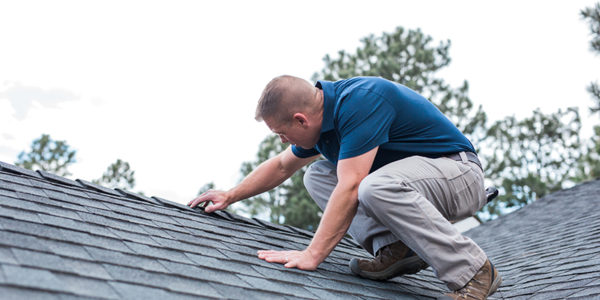Questions? We’ve got answers.
Whether you’re a first-time home buyer or a seasoned pro, we’ve got a list of frequently asked questions and answers to help you understand the importance of having a home inspection and what you can expect from the process.
If you have another question that is not on this list, feel free to call us or send us a note and we’ll be happy to respond.
A home inspection is an objective visual examination at the time of the inspection of the physical structure and systems of a house, from the roof to the foundation.
A Flag Integrity Inspections report will cover the condition of the home’s heating system; central air conditioning system (temperature permitting); interior plumbing and electrical systems; the roof, attic and visible insulation; walls, ceilings, floors, windows and doors; the foundation, basement and structural components.
Buying a home could be the largest single investment you will ever make. To minimize unpleasant surprises and unexpected difficulties, you’ll want to learn as much as you can about the newly constructed or existing house before you buy it. A home inspection may identify the need for major repairs or builder oversights, as well as the need for maintenance to keep it in good shape. After the inspection, you will know more about the house, which will allow you to make decisions with confidence.
If you already are a homeowner, a home inspection can identify problems in the making and suggest preventive measures that might help you avoid costly future repairs.
If you are planning to sell your home, a home inspection can give you the opportunity to make repairs that will put the house in better selling condition.
The inspection fee for a typical one-family house varies geographically, as does the cost of housing. Similarly, within a given area, the inspection fee may vary depending on a number of factors such as the size of the house, its age and possible optional services such as septic, well or radon testing.
Do not let cost be a factor in deciding whether or not to have a home inspection. The sense of security and knowledge gained from an inspection is well worth the cost, and the lowest-priced inspection is not necessarily a bargain. Use the inspector’s qualifications, including experience, training, compliance with state regulations, and professional affiliations as a guide.
To get a free estimate on a home inspection, call (928) 853-1988 or fill out this form.
Even the most experienced homeowner lacks the knowledge and expertise of a Flag Integrity Inspections home inspector. Our inspectors are familiar with the elements of home construction, proper installation, maintenance and home safety. They know how the home’s systems and components are intended to function together, as well as why they fail.
Above all, most buyers find it difficult to remain completely objective and unemotional about the house they really want, and this may have an effect on their judgment. For accurate information, it is best to obtain an impartial, third-party opinion in Flag Integrity Inspections.
No. A Flag Integrity Inspections home inspection is an examination of the current condition of a house. It is not an appraisal, which determines market value. It is not a municipal inspection, which verifies local code compliance. Our inspectors, therefore, will not pass or fail a house, but rather describe its physical condition and indicate what components and systems may need major repair or replacement.
Typically, a home inspector is contacted immediately after the contract or purchase agreement has been signed. Before you sign, be sure there is an inspection clause in the sales contract, making your final purchase obligation contingent on the findings of a Flag Integrity Inspections professional home inspection. This clause should specify the terms and conditions to which both the buyer and seller are obligated.
While it’s not required that you be present for the inspection, it is highly recommended. You will be able to observe the inspector and ask questions as you learn about the condition of the home and how to maintain it.
No house is perfect. If the inspector identifies problems, it doesn’t mean you should or shouldn’t buy the house, only that you will know in advance what to expect. If your budget is tight, or if you don’t want to become involved in future repair work, this information will be important to you. If major problems are found, a seller may agree to make repairs.
Definitely, now you can complete your home purchase with confidence. You’ll have learned many things about your new home from the inspector’s written report, and will have that information for future reference.

